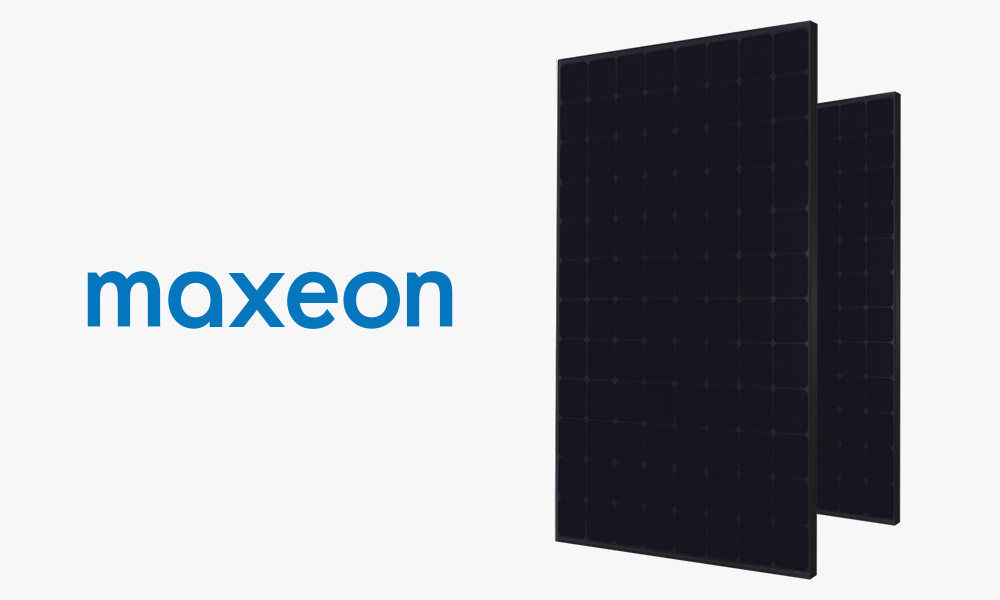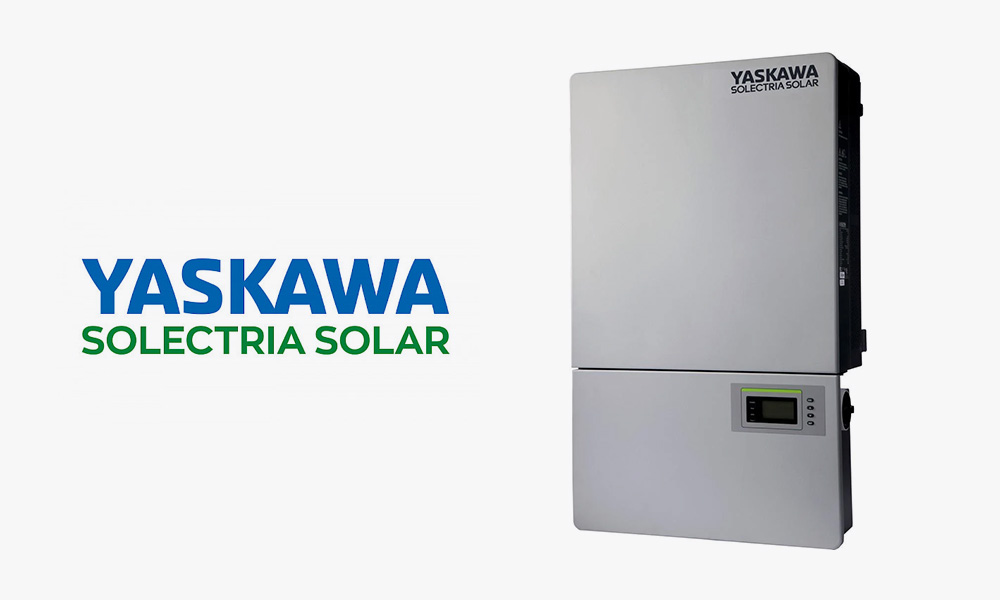Solar Products
The most valuable asset in a PV system are the modules and inverters. Therefore, the long- term viability of the manufacturers of these components is key to their gauging their ability to remain in business to honor their warranties, should that be needed.
While most solar panels look similar, they indeed have very different specifications, different level of quality, and come from any of hundreds of manufacturers world-wide whose business models vary from assembly of contract parts to completely vertically integrated from raw silicon to finished PV modules. Further, many are “pure-play” solar manufacturers — without a diversified portfolio of solar and non-solar products – and these can suffer greatly or fatally in the inevitable business cycle downturns. We’ve seen high-flying, so-called “bank-able” solar market leaders such as Satcon, SpectraWatt, Abound Solar, Suntech, Conergy, LDK, QCells, and SolarMax file for bankruptcy protection or become insolvent, leaving solar integrators who used their products, and their customers, with no warranty coverage.
Many of these pure-play PV module manufacturers were rated “Tier One” by Bloomberg New Energy Finance – a measure of “bankability.” However, Tier One status has proved transient, as many one-time Tier One manufacturers have lost their Tier One status and ultimately failed, leaving their owners with no warranty coverage.
Sunlight Electric believes the greatest risk management opportunity lies in sourcing modules and inverters from diversified companies, whose other business lines are able to provide a financial cushion to endure the inevitable periodic downturns that the global solar market experiences.
Some of the manufacturers whose products we're currently using include:
-
Hyundai Heavy Industries
HHI is a $30B global company, was founded in 1972, is the world’s largest shipbuilder, a leading manufacturer of wind turbines, power plant equipment, and construction equipment. They have been making PV modules since 2005, are completely vertically-integrated, making all elements of their PV modules, from solar cells to finished modules.

-
Maxeon
Maxeon designs and manufactures the highest efficiency, highest reliability solar panels available today. Founded in 1985, spun out of SunPower in 2020, Maxeon has sales of roughly $800M annually, with over $160MM in cash on hand, has the industry’s most robust warranty, and part owned by Total, the fourth largest publicly- listed energy company in the world.

-
Yaskawa/Solectria Electronics
Solectria was founded in 2005 and acquired by Kaskawa in 2014. Yaskawa is a global leader in power electronics, motor drives, and industrial robotics, with a long history of consistent profitability.

Finally, it’s essentially impossible for anyone but a manufacturer to gauge the long-term quality of a PV module. Though 3rd-party testing services such as Black & Veatch or BEW exist, the high volumes of PV modules manufactured (hundreds of millions each year) force any testing regimen to rely on random sampling and are limited to measuring initial performance before the randomly-selected module is returned to the manufacturer. Given the greatest risk is in catastrophic batch failure, wherein a limited production run proves faulty, this 3rd-party testing offers little guidance in gauging product quality and reliability.
Of course, knowing the value of their financial strength to savvy buyers, diversified PV product manufacturers typically command a modest premium over other pure-play players. We believe this premium is worthy of serious consideration as part of a long-term risk evaluation, especially in light of the fact that for every additional $1 of cost of a PV project, roughly 60% is returned to the owner in the form of tax credits and federal and state depreciation.
